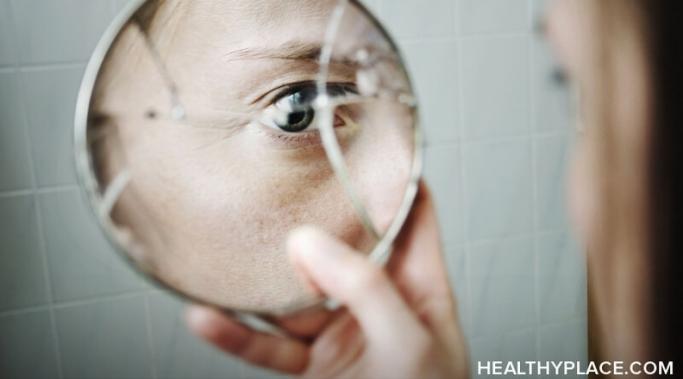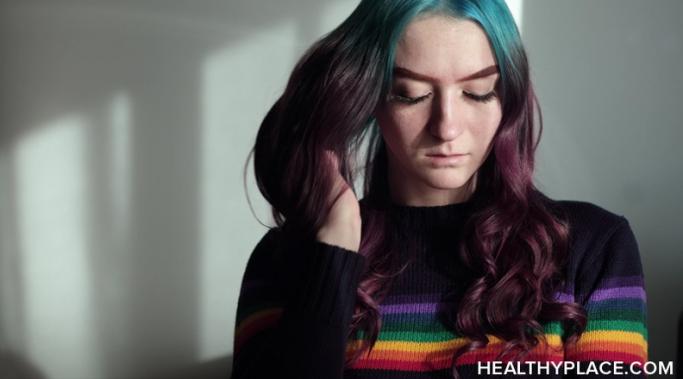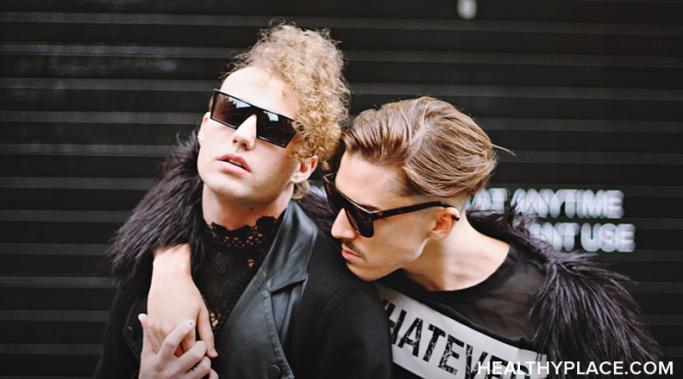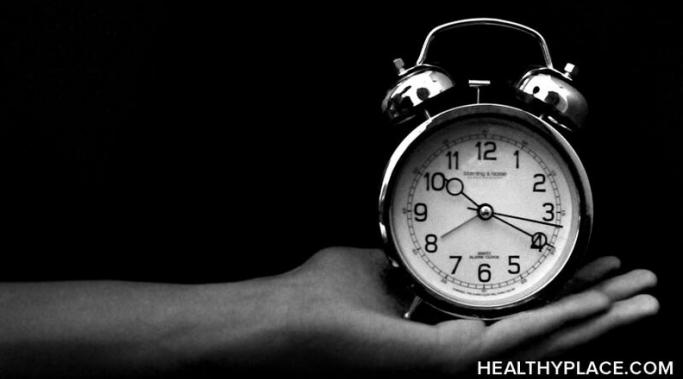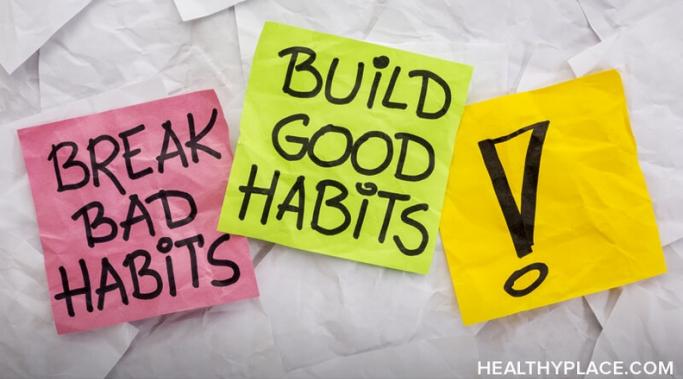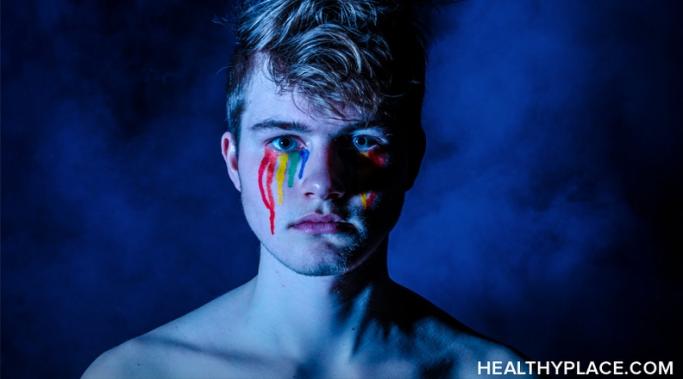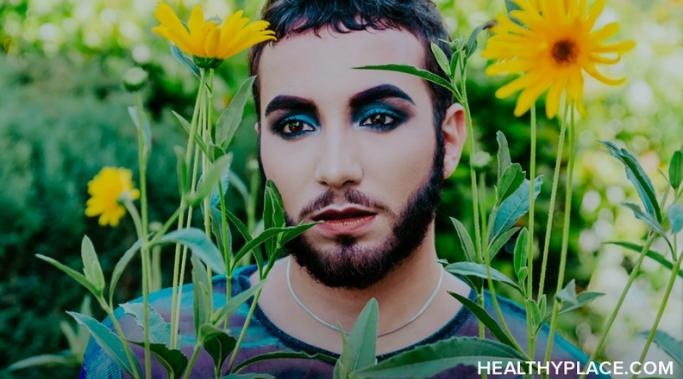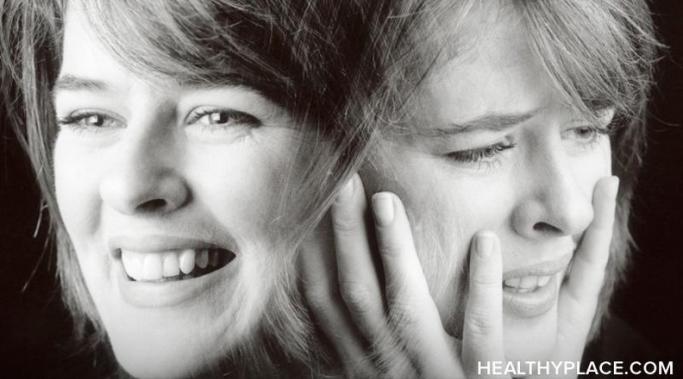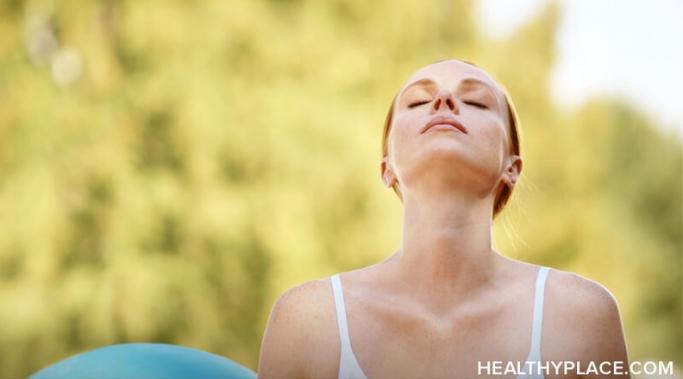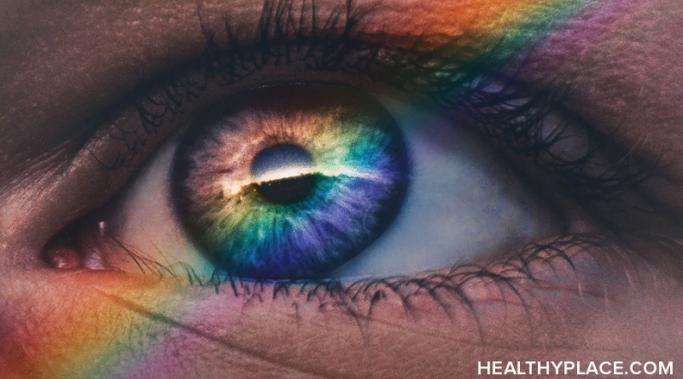As a lesbian who lives life outside of the closet, I have experienced my fair share of shame regarding my sexual orientation and gender expression. The LGBTQIA+ mental health community does not only experience shame based upon their sexual orientation, gender identity, and gender expression. These individuals also have to navigate shame feelings stemming from trauma experienced in their pasts.
Anxiety – The life: LGBT
After living a year of pandemic life, we are beginning to resume some normalcy just in time for June, Pride Month. Many states have lifted mask mandates while more than half the country has been vaccinated. Entering the month of June, Pride Month in the lesbian, gay, bisexual, transgender, queer, intersex, asexual, etc. (LGBTQIA+) community, after a year of social distancing could put a strain on our mental health. I know I have been experiencing anxiety surrounding the idea of gathering with my LGBTQIA+ community after so long apart. Here are a few ways I have been coping with this new way of life while planning to celebrate pride.
I identify as a lesbian in the lesbian, gay, bisexual, transgender, queer, intersex, asexual, etc. (LGBTQIA+) community as a whole. My gender expression follows a more masculine route regarding clothing and hairstyle. Gender expression for many of us in the LGBTQIA+ community can lead to judgment by a society which is used to gendering things such as clothing or hairstyle. These judgments and biases can lead to fear and anxiety for those of us in the LGBTQIA+ mental health community. My anxiety was heightened for years regarding my treatment from others who may not agree or understand my gender expression.
Sleeping with purpose has worked wonders regarding my nightmares associated with posttraumatic stress disorder (PTSD). I struggled for years to obtain restful sleep due to nightmares and flashbacks related to my PTSD. I learned that being present before sleep at night allowed my mind to rest emptily and instead of it being full of thoughts. Here are some ways that helped me, and hopefully will help you, in being active and present in my sleep or sleeping with purpose.
I need grounding techniques because I carry a diagnosis of posttraumatic stress disorder (PTSD). This diagnosis has many symptoms that I have struggled to gain control of over the years, the most prevalent being my severe anxiety.
I have been hospitalized twice due to my erratic mental health. My gender expression of gender non-conforming (outward expression different from societal gender norms) was not taken seriously during these hospitalizations. I was subjected to uninformed mental health professionals and demeaning mistakes due to the lack of knowledge or respect for my gender non-conforming presentation. The lesbian, gay, bisexual, transgender, queer, intersex, asexual, etc. (LGBTQIA+) community deals with barriers to gender-affirming care regarding mental health and hospitalization often. These are just a couple of ways I was subjected to insensitive mental health care regarding my gender expression.
When offering help to those we know with mental health concerns, we must remember language is important. Our lesbian, gay, bisexual, transgender, queer, intersex, asexual, etc. (LGBTQIA+) community especially requires attention to language when speaking with them regarding mental health concerns. Providing space for our LGBTQIA+ community is essential in productive mental health care. We can help provide space using LGBTQIA+-inclusive language as well as being mindful of what we ask others.
My mental health caused me to visit a psychiatric hospital when I was 19 years old. I had never experienced hospitalization for my mental health, nor did I have adequate coping skills going in. In addition to my mental health deteriorating, I had just come out as a lesbian. I was searching to find my place in the lesbian, gay, bisexual, transgender, queer, intersex, asexual, etc. (LGBTQIA+) community. I found ways to cope once in the hospital, though. Read further to see what helped me cope during this dark time in my mental health past.
The new year ahead has caused me to reflect upon the major ways I advocated for my mental health needs to gain back stability; after all, the past year has been rough on my mental health. The year brought about new struggles for my anxiety and new lows in my depression. My posttraumatic stress disorder (PTSD) flared with the added trauma of the pandemic as well. These changes required me to reach out for help. I realized my mental health was affected by my lack of feeling comfortable regarding my treatment when reaching out for help and advocating for my mental health needs.
The holidays can be a difficult time for those struggling with anxiety or other mental health issues. Those in our lesbian, gay, bisexual, transgender, queer, intersex, asexual, etc. (LGBTQIA+) community struggling with anxiety have an added layer of difficulty during the holidays. I haven't celebrated a holiday with my family in many years. This is due to both my sexual orientation as well as my difficulties with mental illness. For those LGBTQIA+ individuals who have no ties to their family or a strained relationship with family, this time of year can be less than joyous. How can we rally to help our LGBTQIA+ mental health community feel more included?
